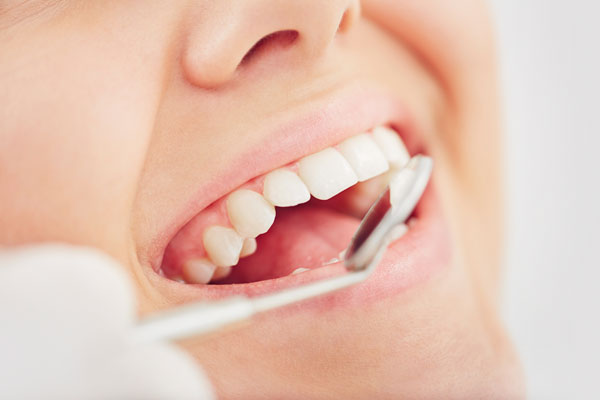Diabetes affects nearly half a million people all over the world, and diabetes is a type of disease that influences different health issues, says a family dentist in Montville, NJ. One often neglected area is oral health. As diabetes and oral health issues are interrelated, having a good idea about this association can support the management of one’s condition for healthy teeth. In this article, we will discuss the effects of diabetes on oral health and the precautions to keep your mouth healthy.
The Effects of Diabetes on Oral Health
There are many potential oral health implications associated with both Type 1 and Type 2 Diabetes. Specifically, diabetes affects the mouth in these ways:
1. Gum Disease (Periodontitis)
People with diabetes are more likely to suffer from gum disease-ranging in severity from mild gingivitis, which behaves much as it does for anyone else without the condition, up through severe periodontitis. High blood sugar levels cause the thickening of blood vessels, and that will impact the effectiveness in the transport of nutrients & removal of waste from all parts (including gum) within the body. This may cause gum tissue to recede and become more prone to infection.
2. Dry Mouth (Xerostomia)
Dry mouth is when the body does not produce enough saliva and diabetes can cause this to happen. Saliva is important to wash away the food particles and neutralize acid which bacteria in the mouth makes them. Without saliva, the risk of cavities/gum disease/discomfort in the mouth increases.
3. Thrush (Oral Candidiasis)
Increased blood sugar can promote fungal growth, the most common of which is Candida albicans (causing thrush). Thrush is a type of yeast infection that shows up in the mouth as white patches and can be painful.
4. Poor Healing
In diabetes, the body’s ability to heal wounds is compromised and it can affect the healing of mouth sores. This also means any oral injuries, surgery or infections will take longer to heal and can cause complications.
Symptoms and Warning Signs
Therefore, taking good care of teeth is important for all people living with diabetes. Some of the indications that an individual may experience with a colon disease are as follows –
- Bleeding, swollen, or red gums.
- Persistent bad breath
- Dry mouth
- Loose teeth
- A mouth with white patches (which may be a sign of thrush)
- Sores or ulcers that will not heal.
Keeping Your Mouth Healthy with Diabetes

However, effective management of diabetes and excellent oral hygiene practices can address those problems. Here are a few tips for making sure your mouth is healthy:
Control Blood Sugar Levels: It is essential to maintain blood sugar levels within the target range. In doing so, the chances of developing dental problems shrink and one will then be on a sure track in overall well-being.
Visit the Dentist Regularly: Regular dental checkups help in the early identification of potential problems. Let your dentist know that you have diabetes.
Quit Smoking: Smoking increases oral health problems and can further complicate the management of diabetes. Reducing the risk of oral cancer is just one important benefit to quitting smoking, which can be beneficial for overall health and particularly helpful when it comes to your smile.
To conclude, the link between diabetes and oral health is clear. By understanding the risks and learning diabetes management strategies, individuals can safeguard their oral health while improving their overall quality of life. The cornerstone of good oral health, despite the challenges presented by diabetes, includes visiting your dentist regularly, great homecare habits, and blood/chemical sugar control in a person with diabetes.

